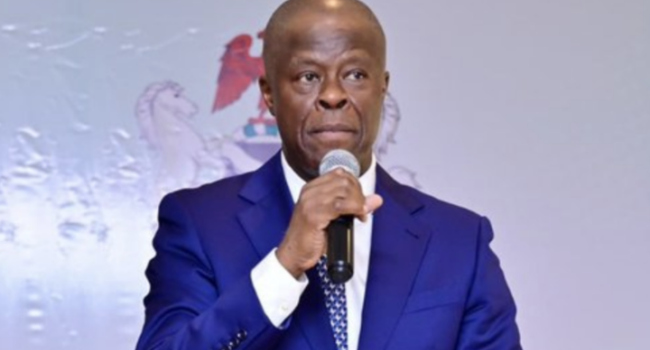The Department of Development Control, under the Federal Capital Territory Administration (FCTA), has disclosed the demolition of 11,705 shanty colonies in Abuja from January to October. This action, as revealed by Mukhtar Galadima, the Director of Development Control, resulted in the generation of N2.5 billion in revenue and the creation of 13,873 direct and indirect jobs during the same period.
Galadima further expounded that the demolition exercise was executed in collaboration with the Ministerial Enforcement Task Force Team. The affected areas include Kabusa, Kasuwan dare, Galadimawa junction, Mabushi scavenger colony, Gudu District along Oladipo Diya way, as well as the removal of obstructing structures on waterways at Lugbe, Jahi, and Lokogoma to preempt flooding within the city.
Moreover, encroachments on rights of way and security black spots were curtailed in tandem with security agencies in the FCT. Galadima also noted that the department received 1,764 building plan applications, out of which 1,422 were approved, including backlogs from previous years.
Regarding revenue generation, Galadima highlighted that the N2.5 billion revenue was sourced from building plan approval and land use contraventions, representing 68.5% of the N3.7 billion target for the year, with N1.7 billion generated from building plan approvals alone.
The director emphasized the creation of 13,873 direct and indirect jobs at various construction sites approved by the department, bolstering economic opportunities within the territory. Additionally, the department’s endeavours included the inauguration of a One-Stop Vetting Team, establishment of Regional Offices to decentralize monitoring and enforcement activities, and the formation of a Committee on the Prevention of Building Collapse in the FCT.
In overcoming challenges, Galadima outlined the department’s commitment to staff welfare through end-of-year appraisals, staff bonding activities, awards for outstanding staff, and monthly medical fitness checks and sporting activities to enhance physical well-being. Notwithstanding, challenges such as land grabbing, harassment of department staff by security agencies, non-resettlement of indigenous communities leading to expanding slums, inadequate utility vehicles and office accommodation, slow pace of infrastructural development, and obsolete equipment for enforcement were highlighted.
As the FCTA’s efforts aim for sustainable urban development, the department continues to combat these challenges while striving to optimize development initiatives across the capital territory.



